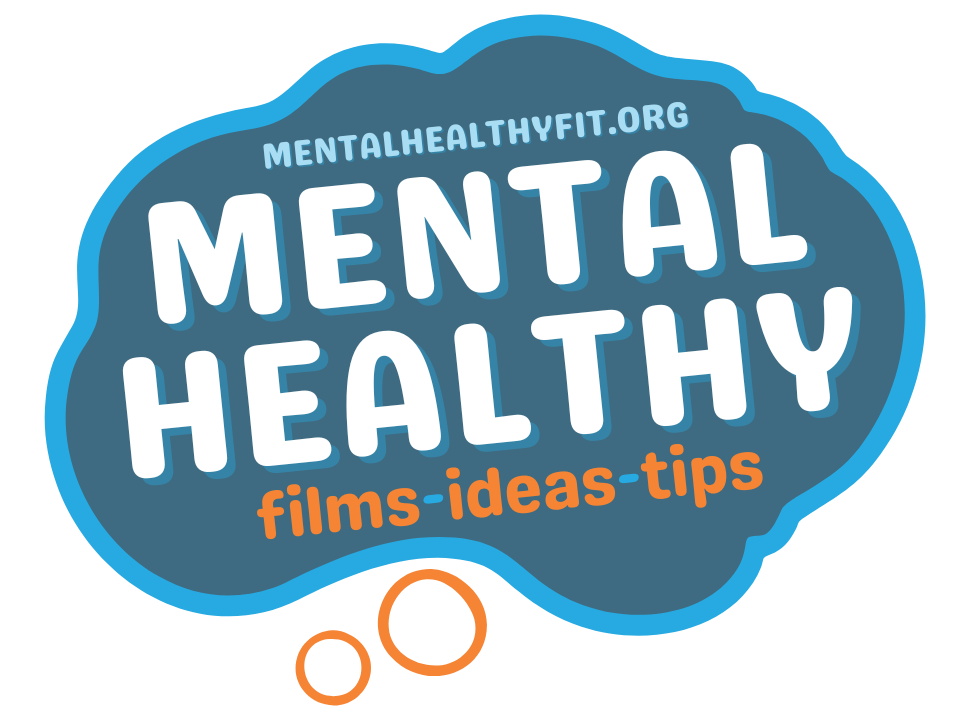Co-Occurring Disorders
Addiction often goes hand in hand with mental health issues. When a person has two or more substance use and mental health disorders, this is called “co-occurring disorders” or “dual diagnosis.” The two disorders can begin at the same time, overlap or begin one after the other.
Co-occurring disorders are more common than you might think. Around half of the people who experience a mental health disorder have also experienced a substance use disorder (SUD) and vice versa. In addition, a 2018 national survey showed that more than 9 million people in the U.S. have a co-occurring disorder.
Co-occurring disorders sometimes arise when a person uses drugs or alcohol to manage their psychiatric symptoms. In these cases, the underlying mental health issues can go undiagnosed for years. A complete medical and psychiatric evaluation can help identify these disorders and determine the most effective course of treatment.
Substance use and co-occurring mental disorders are complex issues that often involve a person’s brain, genetics and environment. Risk factors can stem from any of these categories and include having early caregivers with substance use or mental health conditions, experiences of abuse or neglect, neighborhood poverty, violence or lack of economic opportunity.
The most effective treatment for co-occurring disorders is to treat both issues at once. A treatment plan may include detoxification, therapy and medications. Group therapy, self-help groups and family counseling can also help to reinforce relationships and establish a strong social support network.
Special thanks to The Recovery Village at Palmer Lake for the insight about co-occurring disorders.
To read more, please visit https://www.palmerlakerecovery.com/programs/co-occurring-disorders/ .

